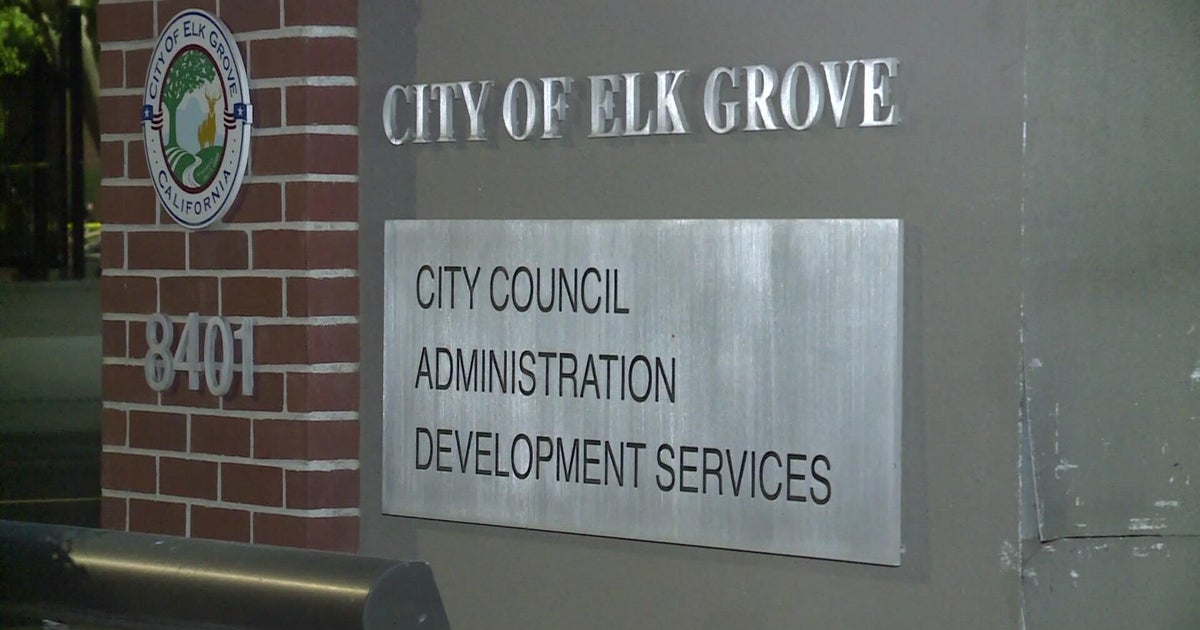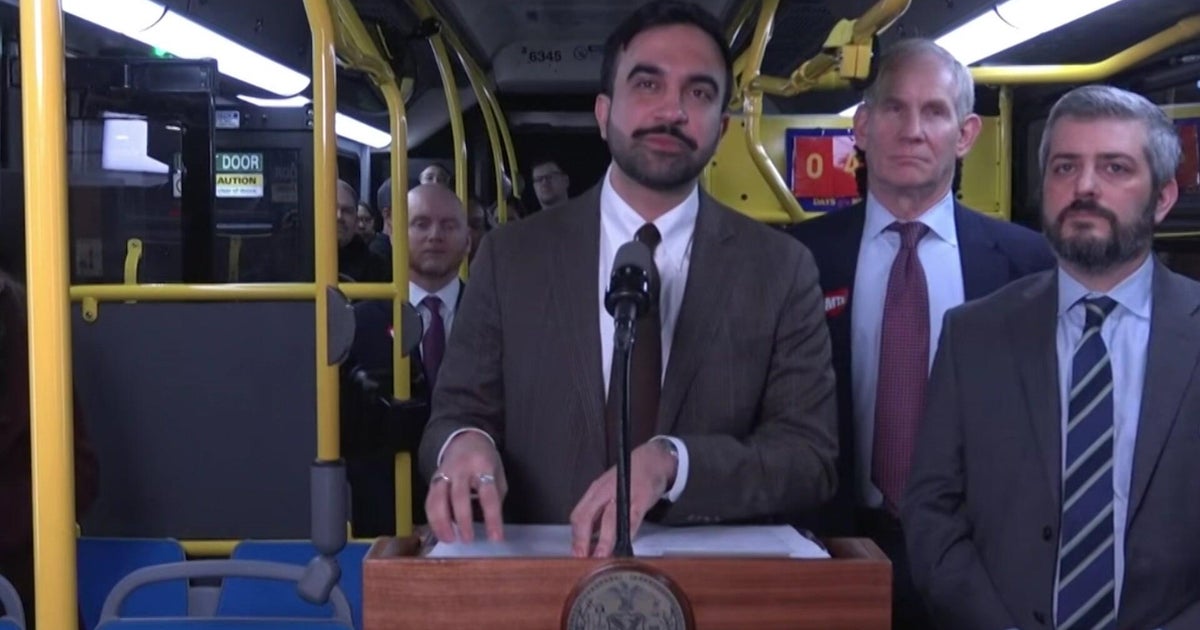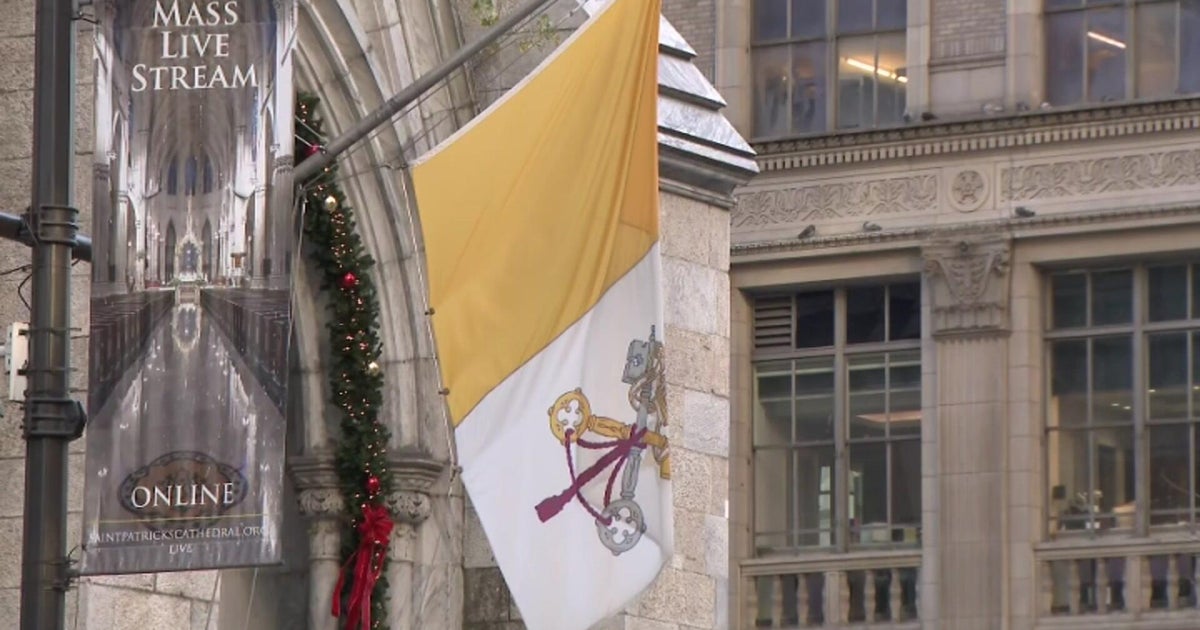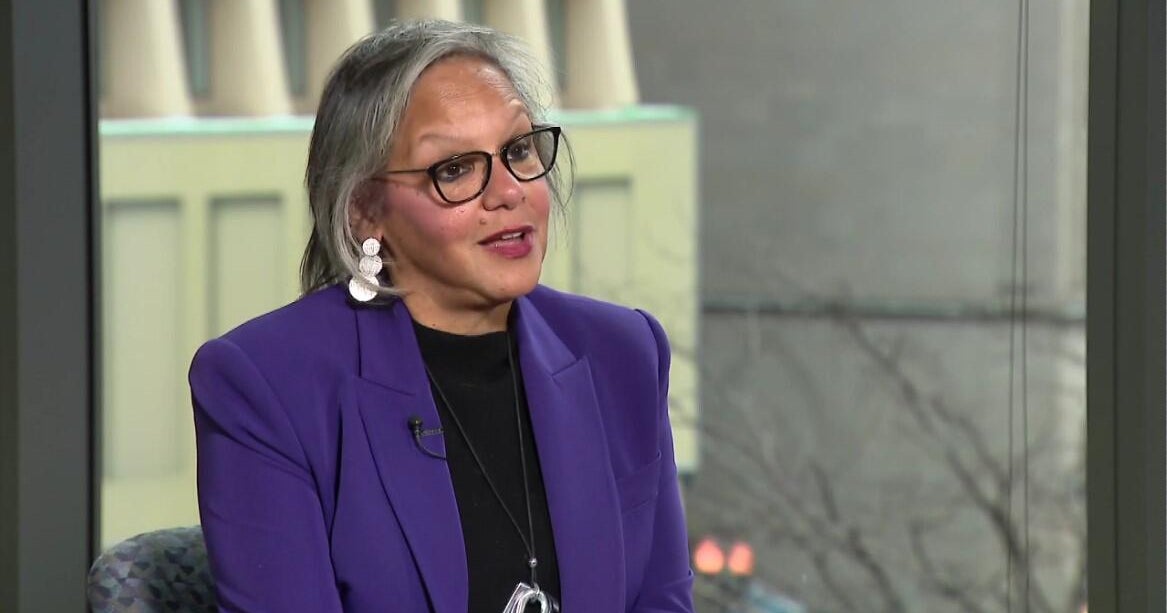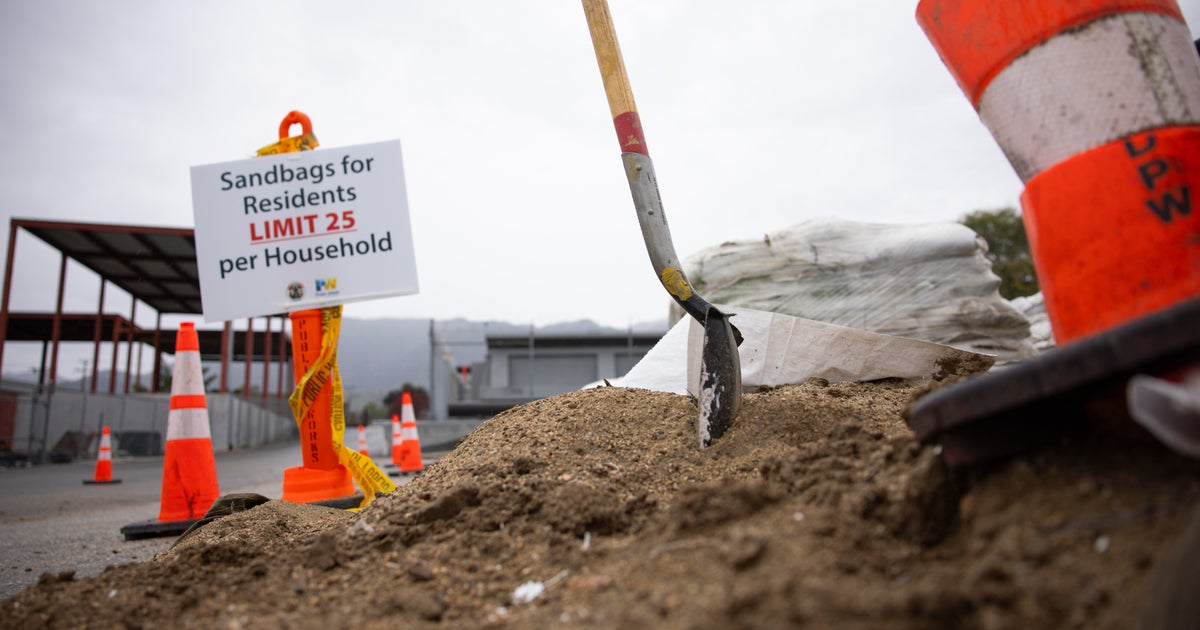NYC Mayoral Candidate Nicole Malliotakis Lays Out Plan To Address Homelessness
NEW YORK (CBSNewYork) -- Republican mayoral candidate Nicole Malliotakis is taking on homelessness -- and attacking Mayor Bill de Blasio in the process.
The topic took center stage at Wednesday night's CBS2 mayoral town hall in Harlem.
As CBS2's Jessica Moore reported, Malliotakis announced Thursday drastic measures to "turn the tide of New York City's homelessness."
"It is unacceptable for people to be sleeping all over the place," said Malliotakis, a state assemblywoman who represents Staten Island and Brooklyn.
"No. 1 on my list of my plan should be to not do what this current mayor's doing," Malliotakis said. "I don't support this mayor's plan of building 90 homeless shelters across the city."
Included in her 15-point plan: limiting the number of nights people can stay in so-called "homeless hotels" to seven, but there is no word on where she would put them. She would also move familes living in shelters to open public housing units.
De Blasio has promised to reduce the number of people in homeless shelters by 2,500 over the next five years. Malliotakis says she can get better and faster results.
"I would point to the vocational training options," Malliotakis said. "I think there are some nonprofits right now that there are waiting lists for. And people are eager to get out of the shelter system. They want to work."
She also she would pay for her plan by reallocating money already being "poorly spent."
De Blasio's office responded by saying Malliotakis' plan is "full of empty rhetoric and recycled ideas."
One thing the current and hopeful mayor agree on: "I don't think these people want to sleep on the street. I think they have no alternative," Malliotakis said.
Perhaps no one understands the city's homeless problem better than Peter and Paul Barrero, twin brothers CBS2 met in March, camped out on Ninth Avenue.
"Our problem is housing," Paul Barrero said.
"We've been waiting since last year Fourth of July till now for them to get us a place to live," Peter Barrero said.
"You in the streets, that's not normal," Peter Barrero added. "So I told our case worker we're not living a normal life."
